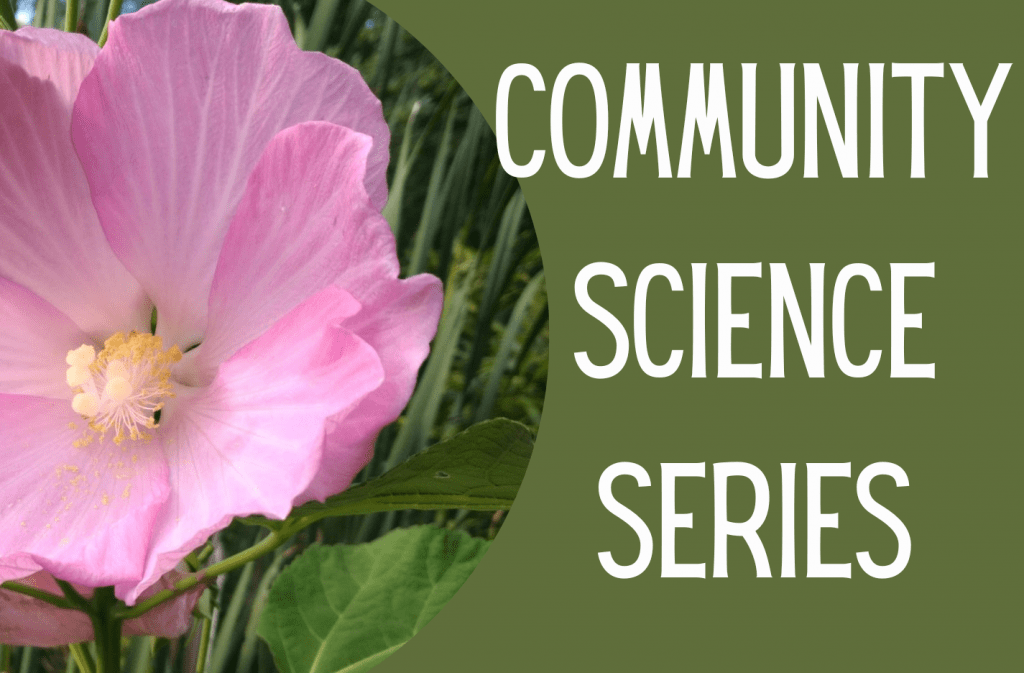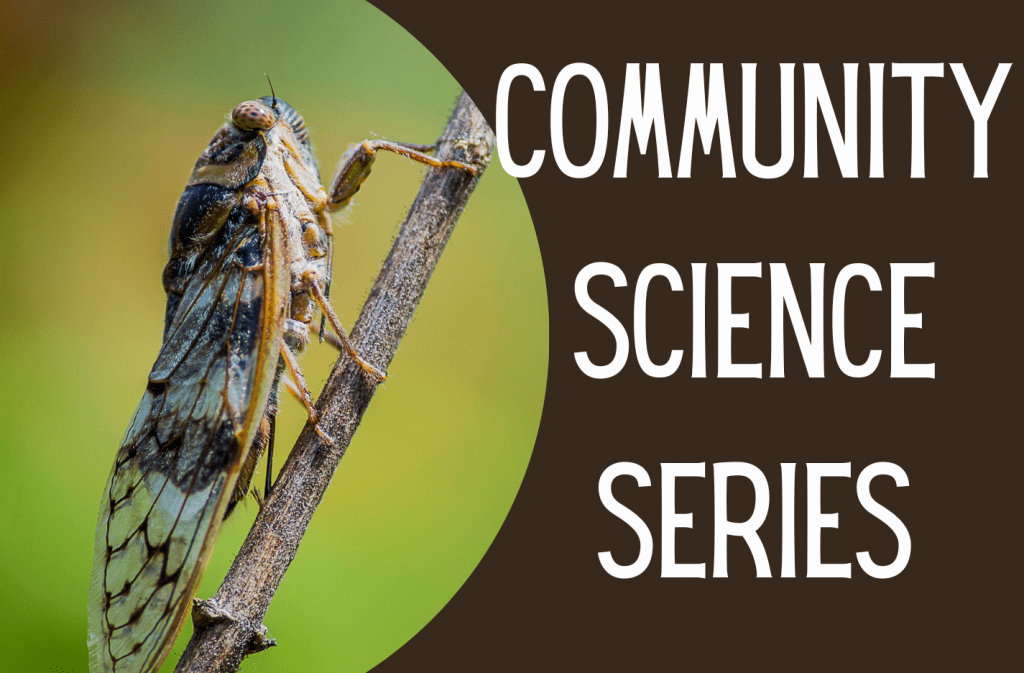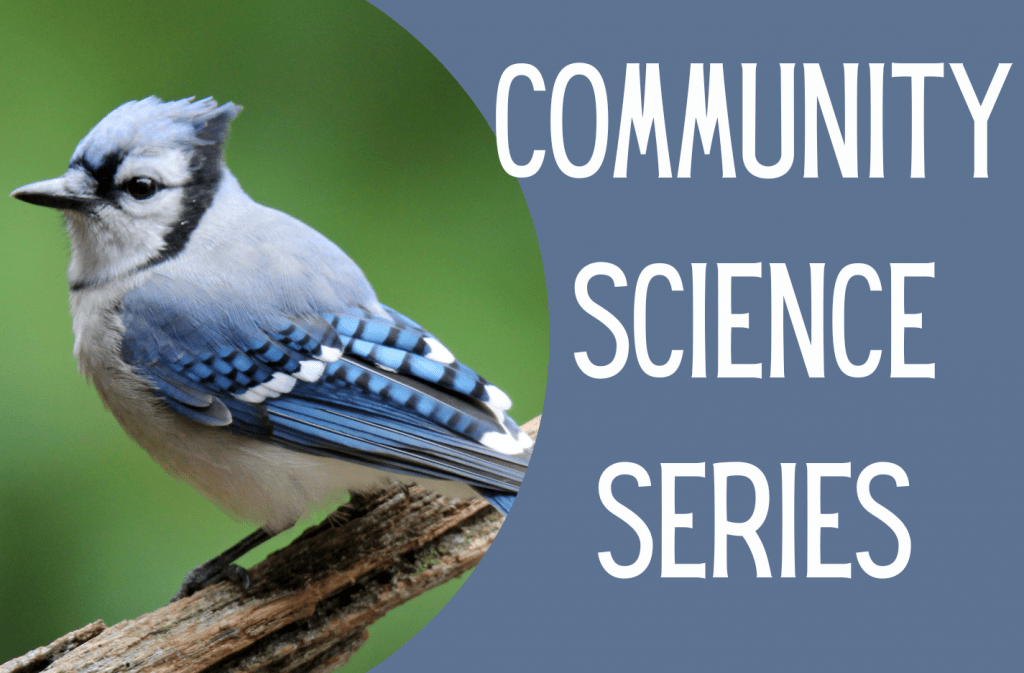Community Science Series

April Showers bring May Flowers
May 20 – 1:30pm
Location: The Nature Institute
Phenology is the study of cyclic and seasonal natural phenomena. Scientists study phenology to better understand when plants bloom and go dormant and when animals are breeding and having babies as well as many other things. We can help these researchers gather data just by walking around our yard and observing when the trees and flowers are budding out for the spring. Join The Nature Institute to learn more about citizen science projects like Project Budburst and Nature’s Notebook. We will focus on one project in particular and find out how to sign up, what data is gathered, and then practice on a short hike around the preserve. You will go home with the knowledge and skills to help scientists gather phenology data.
Insects: Cicadas and Fireflies and Moths, Oh My?
Guest Speaker – Dr Jake Williams (SIUE)
July 14 – 8pm
Join us for a short talk and insect survey with entomologist Dr. Jake Williams. We will begin the night learning about insects that are attracted to light and discuss some of the insect sounds that we hear at night. After the short talk we will head outside to see what insects we can see and hear. Bring a water bottle, and a flashlight for a night of fun and learning (and maybe a few dad jokes).


Birds: The Early Bird Gets the Worm
Location: Hayner Library
July 18 – 6pm
Birds are up early feeding in the cool of the morning, that’s true, but they also become active in the late afternoon. Let’s learn about some community science projects that focus on birds. These projects look at migration patterns, species abundance, and nesting behavior. You will leave knowing some birding basics for identifying birds, a better understanding of how to choose binoculars, and a few community science projects to check out for your own use.
Helping NASA: Small Changes can be Significant
Location: Hayner Library
September 12 – 6pm
Scientists with NASA are working to figure out what satellite images are telling us about the natural world. With your help, through observing clouds, weather patterns, and other day to day changes can help inform the researchers doing that work. Globe Observer is a champion at asking for basic information from people all over the world that can give insight into what is happening in real time in specific places. Join The Nature Institute to find out what this data collection is teaching us and find out how to get involved.

